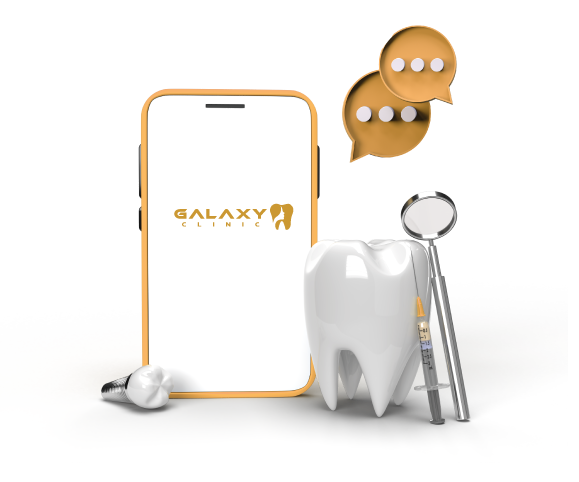What do we mean by teeth loss?
Teeth loss occurs when one or more teeth become loose and fall out. When a person’s deciduous teeth (baby teeth) are replaced by adult teeth, tooth loss is natural. Otherwise, tooth loss is not natural and is caused by an accident or illness, such as dental avulsion, tooth rot, or gum disease. Teeth loss has been shown to reduce overall human health and wellbeing as it increases the likelihood of depression; therefore, it’s important to talk about it, what causes it and how to prevent it.
What causes tooth loss?
As a person grows older, their teeth are exposed to both normal mechanical pressures like chewing and other different factors that can lead to loss of teeth, but there are different factors that can affect teeth and cause them to be lost, here are some of them:
● Gum diseases; Commonly known as periodontal disease, it is the most leading cause of adult tooth loss, accounting for 70% of lost teeth. It all starts with germs and gum inflammation. It kills the gum tissues and can ruin the jawbone behind the gums, as it advances, it results in little support for the teeth thus causing loss.
● Cavities: Which are holes in the teeth produced by a bacterial infection, which eventually leads to tooth decay. If left untreated, a cavity can kill the pulp in the middle of the tooth, resulting in a root canal or possibly tooth extraction.
● Physical injury: Tooth loss can also be caused by falls, car accidents, and other incidents; like sports, outdoor incidents.
● Certain Diseases: Some disorders might increase your risk of gum disease and tooth loss. Hypertension, diabetes, and arthritis are all disorders that might have an influence on your dental health.
● Certain behaviors; Some habits can worsen teeth and might lead to teeth loss, such as smoking, chewing tobacco, and even poor diet and nutrition.
How to prevent tooth loss?
Changing some of your behaviors, may prevent from tooth loss, such as:
Good dental care: Taking care of your oral health is essential for the health of your teeth and gums as well as your general wellness. This involves cleaning your teeth for two minutes twice a day with a soft-bristled toothbrush. To help prevent future cavities, use fluoride toothpaste and mouthwash.
Dental flossing: In addition to teeth brushing, flossing is recommended at least once a day.
Regular dental checkups every six months (or more if necessary); It’s important to regularly check upon your teeth even if there’s no obvious symptom or pain.
Having a healthy diet: It’s also important to have a good diet and focus on eating healthy, balanced meals. Limit sugary drinks, coffee and tea, candy and such things. These foods can cause cavities and possibly gum disease.
Physical protection when necessary: It’s recommended to wear a night guard while you sleep (according to doctor’s advice), and use a mouth guard while you play sports.


